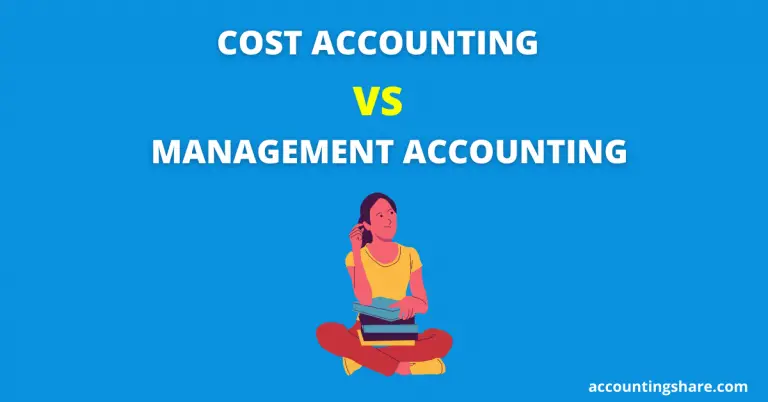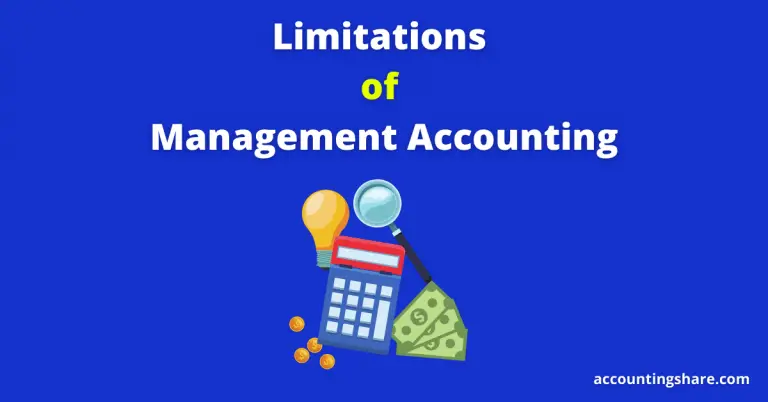8 Principles of Management Accounting [With PDF]
Do you want to learn the 8 (eight) principles of management accounting? Don’t worry; by the end of this post, you’ll have a clear understanding of management accounting’s principles.
Like cost accounting, management accounting is also a branch of accounting. There are other standards followed in the field of management accounting in addition to financial and cost accounting principles.
These policies, when followed and implemented in management activities, will help make management more efficient, effective, and dynamic.
What are the 8 Principles of Management Accounting?
The following are the 8 (eight) principles of management accounting:
- Presentation of Unbiased Actual Data
- Accuracy of Accounts
- Stability and Consistency
- Punctuality
- Principle of Exception
- Forecasting and detection of the problems
- Measuring Efficiency
- Maximum use of Resources
The principles are discussed in detail below:
1.Presentation of Unbiased Actual Data
The presentation of unbiased actual data is one of the principles of management accounting. Information and reports must be accurate and objective.
It should not be focused on one’s own desires and dissatisfactions, as well as one’s likes and dislikes.
2. Accuracy of Accounts
This principle applies to every branch of accounting. Accounts, information, reports, and other documents must be accurate which helps the management in making the right decision and achieving the objectives of the organization.
3. Stability and Consistency
The policies and procedures for management accounting should be as stable and consistent as possible.
Management’s ability to make decisions and plans can be hampered by rapidly changing policies and procedures.
4. Punctuality
Punctuality is one of the principles of management accounting.
It is possible for the management to make the right decision at the right time if all the information related to the accounts is presented to the management in time.
5. Principle of Exception
The main purpose of this policy is to draw the attention of the management towards the exceptional important issues.
If any deviation or exception is observed by comparing the planned result with the achieved result, it is necessary to prepare a report with an explanation of the cause of the exception.
This principle is followed in management accounting.
6. Forecasting and Detection of the Problems
One of the principles of management accounting is to inform the management about the existing problems in the activities of the organization, to look at all the possible problems that may arise in the future, and to identify the problems and take steps to solve or prevent them.
7. Measuring Efficiency
Management accounting measures the skills of managers in various management-related activities. Other techniques of ratio analysis and management accounting are used in this case.
8. Maximum use of Resources
Ensuring efficient and maximum utilization of resources is one of the principles of management accounting.
Management helps accountants take a variety of steps on how to maximize efficiency and maximize accounting profits through the maximum use of resources in the organization.
You can also read:







